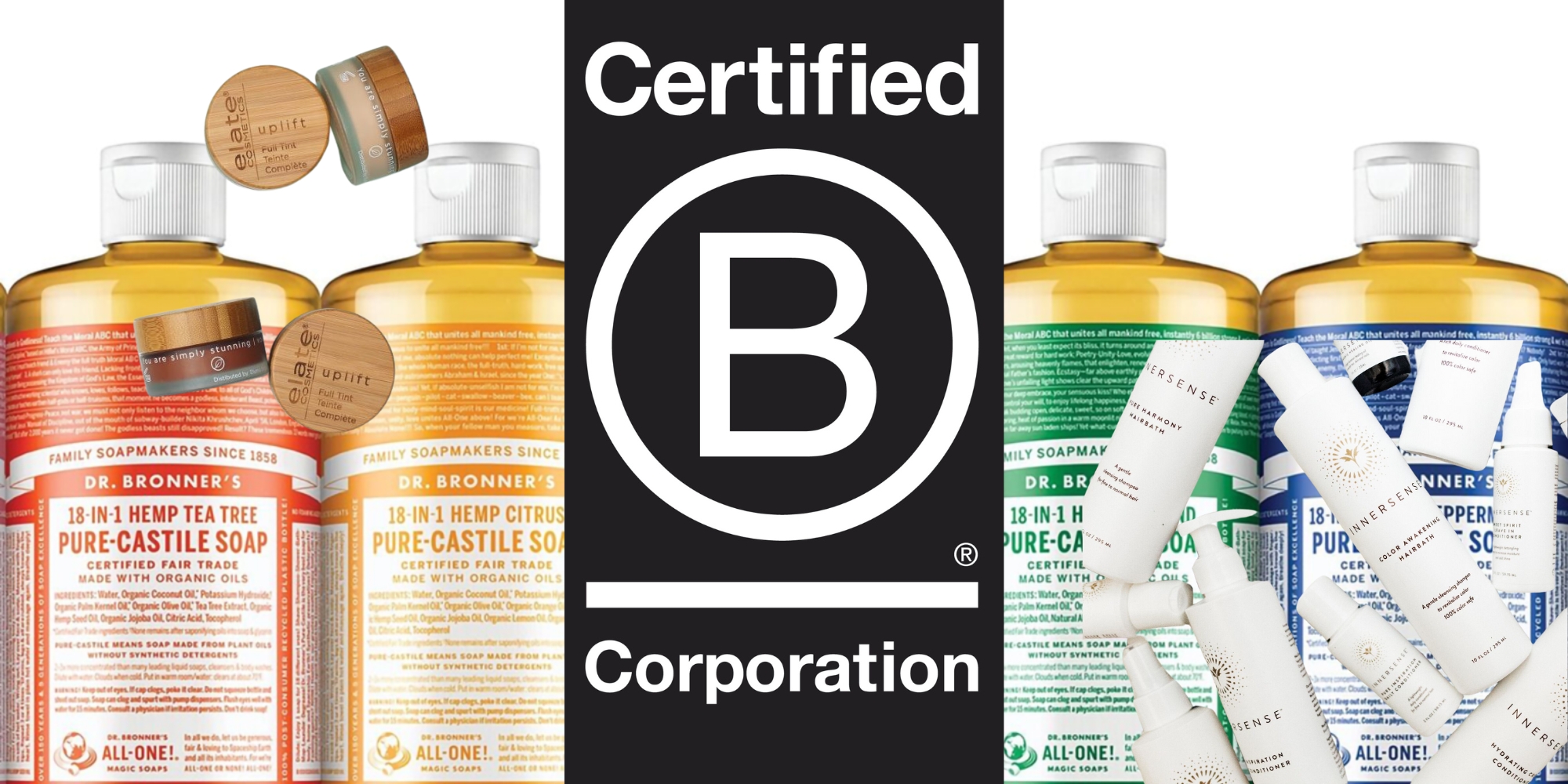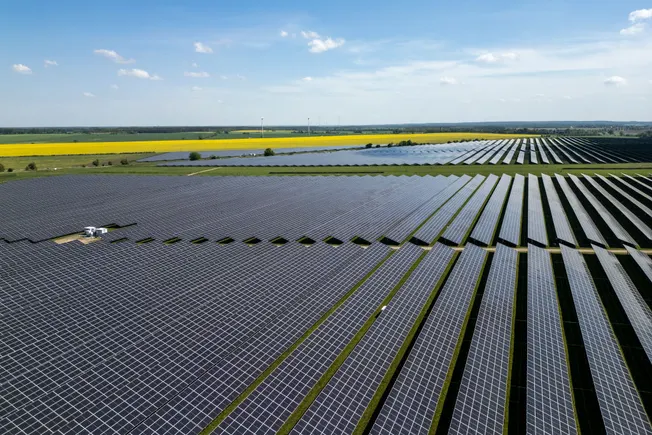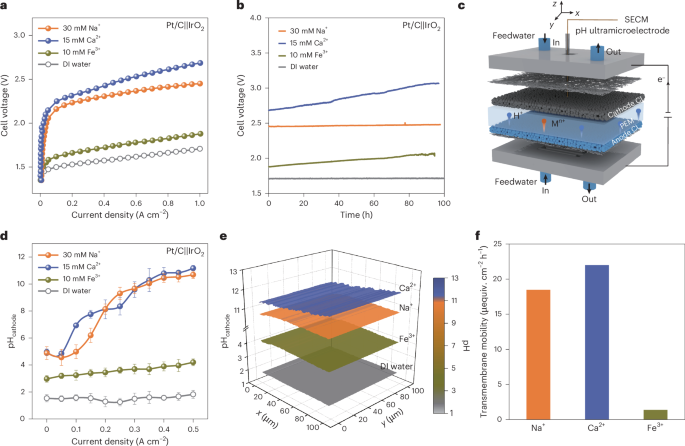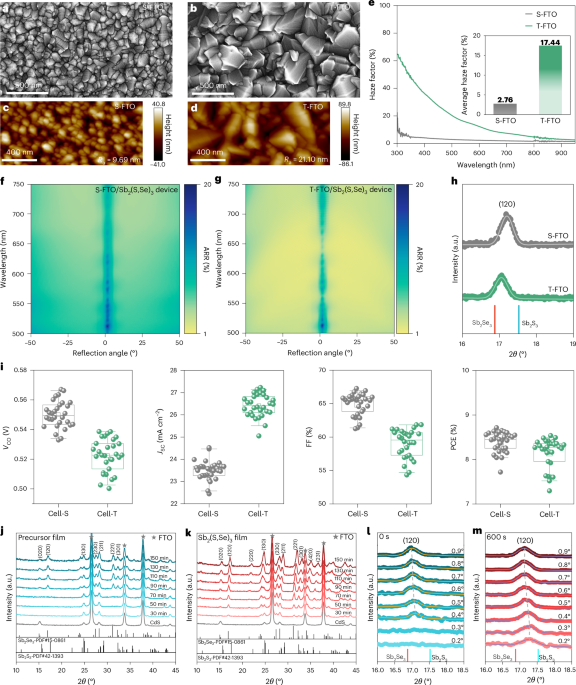PC‐Derived SEI Film to Stabilize Graphite|Electrolyte Interface in Sulfone‐Based Electrolyte for Advanced Lithium‐Ion Batteries
Advanced Energy Materials, Volume 15, Issue 22, June 10, 2025.

A universal electrolyte design principle by combining the film-forming ability of PC and the low solubility of tetramethylene sulfone (TMS) toward SEI components, thereby the two solvents that are individually not compatible with the graphite anode can well cooperate to form a stable solid electrolyte interface (SEI) film, is developed. More significantly, this electrolyte design principle is successfully extended to the design of diverse functional electrolytes.
Abstract
Solid electrolyte interphase (SEI) plays a crucial role in stabilizing the anode-electrolyte interface of lithium-ion batteries. To date, extensive efforts are dedicated to the regulation of the SEI's compositions, instead the dissolution of the SEI in the electrolyte, an important factor that significantly influences the interfacial stability, received less attention. In this work, it is discovered for the first time that the dissolution of propylene carbonate (PC)-derived SEI can be restrained by employing tetramethylene sulfone (TMS) as the main solvent, thereby markedly enhancing the interfacial stability of Li||graphite half-cell and high-voltage graphite||LiCoO2 full cell. Undoubtedly, this work provides a new electrolyte design principle for developing many solvents that are previously considered detrimental in batteries to establish robust interfaces by minimizing the solubility of SEI.


















































































































































